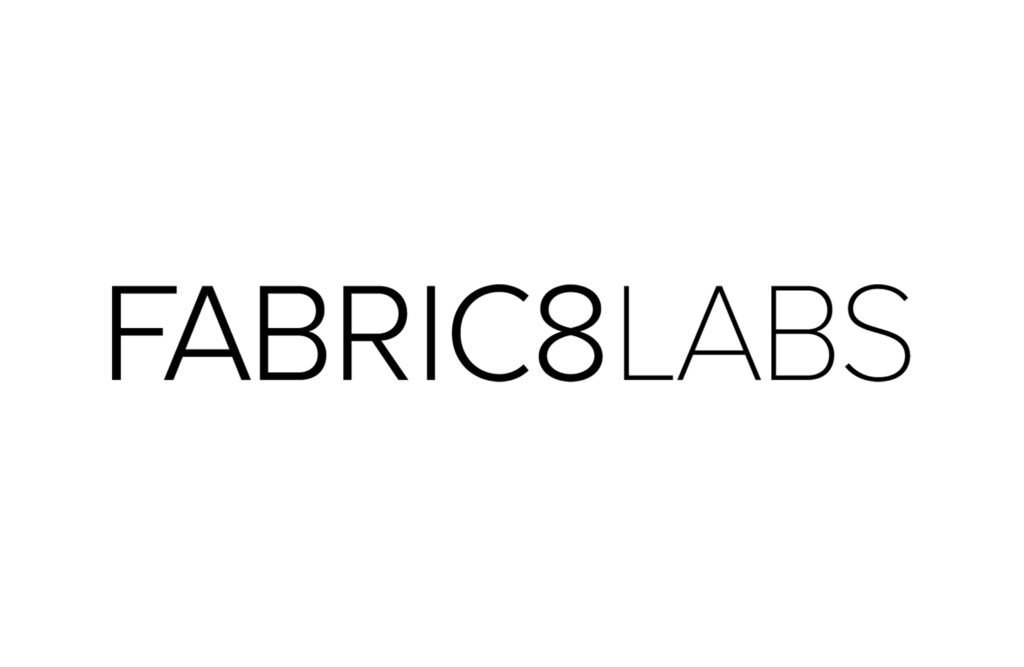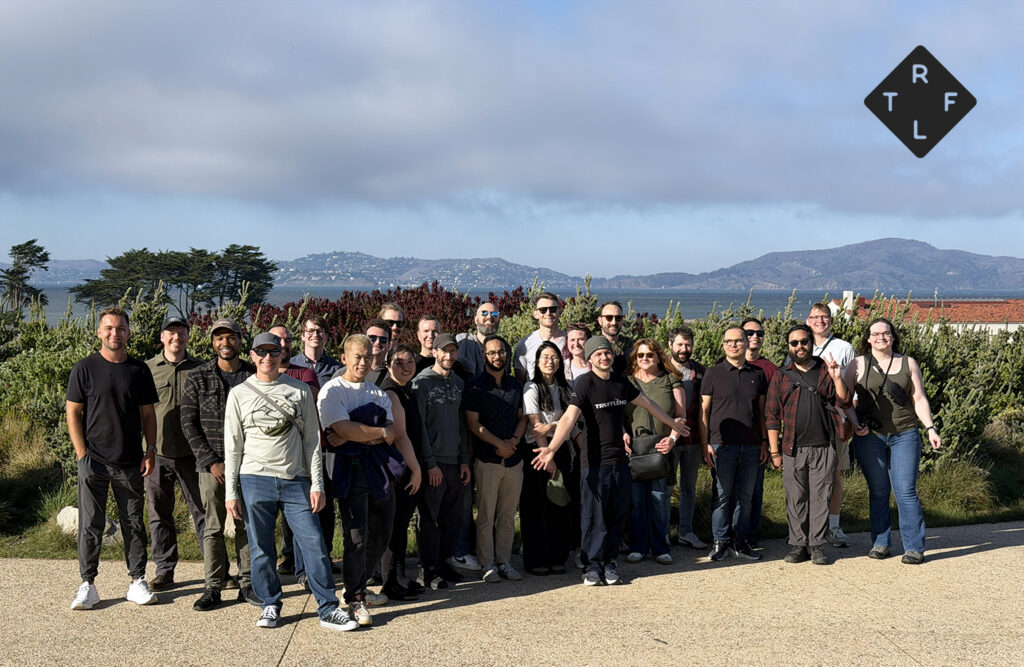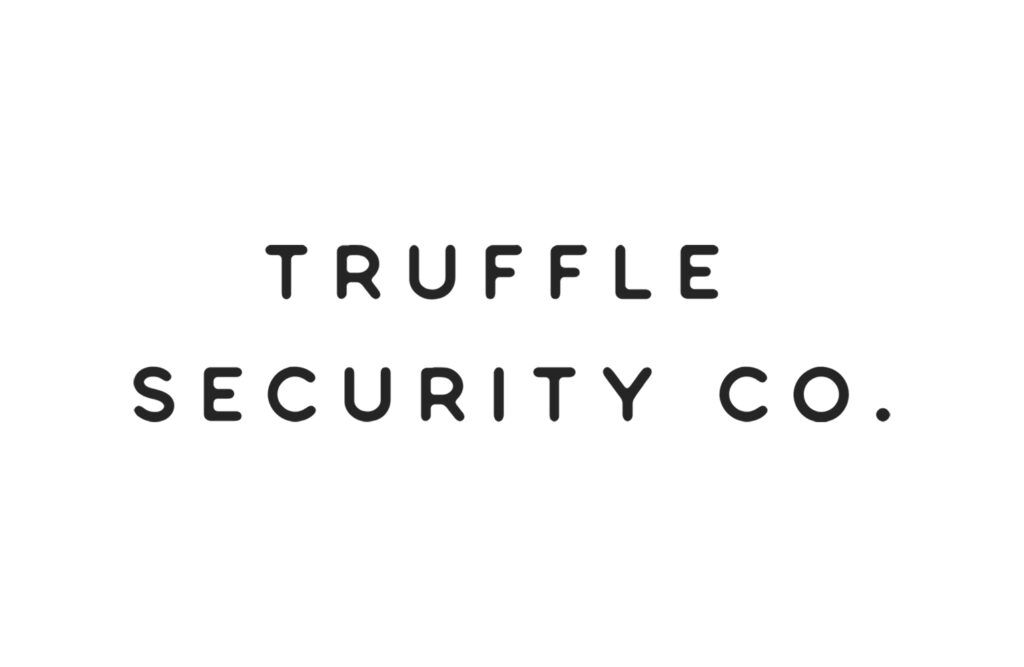
Founder Q&A: Magnus Nilsson, Co-Founder of iZettle
Magnus Nilsson is a Swedish serial entrepreneur and the co-founder and executive chairman of iZettle, a fintech business recognized by The Financial Times in 2017 and 2018 as one of Europe's fastest growing companies. He has expanded the company into 12 countries in Europe and Latin America, raised hundreds of millions of dollars in funding, and closed the sale of iZettle to PayPal in September 2018.
In this edition of Founder Q&A, we discover how Magnus once again became a startup co-founder in his mid-50s (this time, almost by accident); the decision-making and leadership lessons that helped him grow iZettle into a successful unicorn company while working with a team nearly half his age; and how Ford's launch of the Model T in 1908 planted the seeds for his entrepreneurial journey.
Q: How did you and your co-founder, Jacob de Geer, agree to work together and create iZettle?
First, I had to understand why he would want to do a startup with someone 20 years older than him. He said although he had a lot of friends his age that he could start a company with, they all had exactly the same background and history, and there was less they could learn from each other. He thought it could be really interesting to develop a business together, and I found his perspective to be a very healthy way of looking at it.
However, I did highlight to him three problems I had with the idea. First, neither he nor I intended to start a business at that time. Second, we didn't know very much about payments. And third, we didn't know each other. So he moved into my office, and we spent a month together just trying to get to know each other and understand what this business was all about. That month went very, very quickly. We saw the opportunity and potential and told ourselves we had to do this. So we founded the company and off we went.
Q: You started iZettle in 2010 and have grown into a dozen countries, mostly in Europe plus Mexico and Brazil, and have hundreds of employees. What's the key to being able to manage growth as you scale the business, build new products and expand into new markets?
The abilities to say "no" and to recruit the right people are both critical.
Being an entrepreneur isn't about saying "yes" all the time. Focus and say "no" to everything that is not core to what you want to achieve. It's not about making a list of to do's, but rather making a list of not to do's. It's difficult to be very firm and disciplined and to do things in a certain order and with a lot of rigor when you're in such a hurry to grow and need to start a new product, launch in a new country or hire someone you're not quite sure of. But to me, maintaining that discipline has been the absolute key.
We also take an approach in recruitment to hire people that are bigger than the job we hire them for, so that they will help grow the company. We prioritize energy, intelligence and integrity in individuals over experience, because you can't teach those qualities, but people can learn the specifics of a position.
Q: iZettle raised over US$200 million in capital from numerous venture, corporate venture and strategic investors in several funding rounds. How does the pressure change, and how does your mentality change as a leader of the business, as you bring in more and more funding and add more investors to your cap table?
Yes, there is more pressure, but I think the pressure really starts with first deciding to take outside funding. You feel you're suddenly working with other people's money, and that in itself is a big responsibility. You have to think on a daily basis what you do and don't do with money that is not really yours. From that point of view, it is quite burdensome.
We were also conscious of the fact that once you make a decision to take venture capital, there needs to be a plan for how these investors can exit in the future. But we never really let the fact that investors were owners of the company influence what we thought would be wise decisions.
Q: iZettle raised money almost every year for several years. How do you balance running and growing the business while also trying to pitch investors?
That's been one of the benefits of having two founders. I've had every job you can think of in the company except CEO, and I have predominantly been the one who has managed the fundraising, while Jacob has remained focused on running the business as CEO. I would do the first rounds of investor visits, and then Jacob would join for the later meetings. This two-founder setup and work split has been extremely beneficial and has enabled us to both run the company and raise money.
Q: What value add did Intel Capital bring to iZettle after investing in the company?
Intel Capital has been an incredible resource. We've been introduced to Intel's business partners and talked to them for insights into what can and cannot be done on the hardware side. We were also provided with insights into ways we could leverage Intel relationships in expanding into new markets. So Intel Capital's commercial and financial backing have been invaluable to us.
More recently, Wendell Brooks was a useful sounding board in discussing strategies around our IPO versus a potential sale. He asked me very good questions and helped frame our thinking and decision making.
Q: In May 2018, iZettle announced its intention to file for IPO on the Stockholm stock exchange, and shortly thereafter it was announced that PayPal was acquiring iZettle for US$2.2 billion. Why sell versus go public?
It was, and it was not, a hard decision. We were very serious about going public, and we think it would have been a good ride for our shareholders given our continued growth. But we found in the discussion with PayPal that even though we are a hyper-growth company in our own right, we believe that together with PayPal we can grow even faster. And iZettle employees can benefit from that accelerated growth as well. That's what triggered us to say that this isn't a 1+1=3 deal, this is a 1+1=10 opportunity; so let's go do this.
It was the excitement of the opportunity alongside a good valuation for the company and its investors. If you look at how iZettle, Square, Shopify or similar companies are delivering tremendous growth and serving a huge segment of under-served small businesses across the world, you can start to understand why these companies are being so highly valued. So it's a very exciting opportunity that we now can exploit even faster.
Q: As an entrepreneur and iZettle's co-founder, what were your biggest concerns with being acquired by a big global company like PayPal?
As a founder, the concern of being acquired by any larger company is whether or not the management of that company understands the nature of running a smaller company and the nature of being entrepreneurial. You want to continue to build, grow quickly and not be slowed down.
I've come to learn in a short period of time that PayPal is populated with a lot of entrepreneurs in top management. I think this is an incredibly important aspect of this partnership that will develop. We've had a lot of discussions with PayPal, and it's clear that we are completely aligned in what it is we want to achieve.
Q: What do you believe are the most important qualities an entrepreneur needs to succeed?
You need perseverance. You need to not take "no" personally, and you can't take "no" for an answer – because you are going to be told so many times that what you're doing will never work. You also need to be willing to work very hard and to be cost-conscious, because it's very easy to start spending too much when you feel you have the money to do it.
Lastly, you need to have the ability to look at where technology is taking us and to devote your energy to areas where time is working for you, not against you. This is like applying Moore's Law to whatever is important in your company and seeing that it's working on your behalf. For example, hardware cost is a friction point for us, but clearly hardware costs are going down and will virtually disappear completely in the future. So time is working in our favor.
Q: Where did you get your entrepreneurial spirit and drive?
My grandfather started a company in 1908, the same year the Ford Model T came out. He thought it was very interesting, and it was going to be a big thing. He wanted to sell the cars, but with a $950 launch price tag, it was too expensive. Three years later, after the price fell to $350, he secured the Ford distribution rights in southern Sweden. Unfortunately, he died young, leaving my father to take over, but he died young as well, so then my mother had to take over the company.
My mother didn't really know anything about running a company at the time. But, as they say, necessity is the mother of invention. I was around five years old at the time, but from that point on my mother gave me the state of the union every evening at the dinner table.
It took me some time, but I made up my mind that at some point in time I really wanted to have a company on my own. I started by working for big family-owned companies, which is where I learned what is required to be successful in business.
Q: What is the biggest leadership lesson you have learned?
Make sure you build and empower teams and recruit people that complement each other and are not like yourself. It's hard for an entrepreneur to let go, but if you cannot build teams that can be empowered to make decisions and move, then you will become the bottleneck and your company will stop growing. To me, that is by far the most important leadership lesson.
Q: What is the best advice you've received in business?
First, if you work for someone, make sure you choose the right boss – someone who doesn't limit you but rather someone you can learn from, who can inspire you, who wants to see you grow, and who knows how to build empowered teams.
Second, follow your heart in what you do. Don't just do something because it can make you money. You have to enjoy it, because you will hit bumps. If your heart is not in something when difficulties hit, you will not have the energy to take you through those problems.




